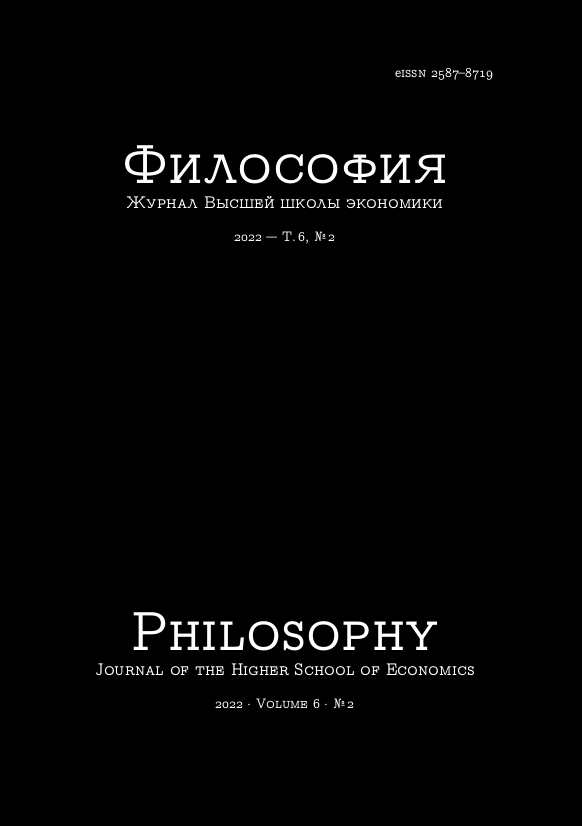“The Most Important Writer for Me”
Lydia Ginzburg on Marcel Proust
Abstract
Marcel Proust's “In Search of Lost Time” had a very significant and lasting influence on both the thinking and the artistic practice of Lydia Ginzburg. It is no coincidence that the legend of her attempt to write a “Proustian” novel proved so enduring. No less important to her was the very problem of the “big text,” the duration created by the narrative's duration. However, Proust's “removal” of the problem of the “fictitiousness” and “fiction” of the novel narrative — the possibility of viewing Proust's novel simultaneously in the context of both fiction and the documentary narrative — is the main one. If in the late 1920s, her reaction to Proust's novel was connected mainly with questions of applicability, assimilation of Proust's techniques and principles of work construction. From the turn of the 20th–30th, her understanding is linked to the experience of the Proust novel not only as new but also as making possible what was already impossible in the framework of previous literature, a way of modelling the self. In this essay, we limit ourselves to one aspect of the enormous theme of Proust and Ginzburg, namely, to determine what Ginzburg saw as the main content and significance of Proust as a writer-what determined the constant return of her thought to his novel. In our view, in Proust's artistic practice, Ginzburg sees realized the primary purpose of literature: the interpretation of “human experience, social and mental,” in finding that sphere where “now” the connection of words and things is possible, i.e. where literature can find reality.
Downloads
Copyright (c) 2022 Philosophy. Journal of the Higher School of Economics

This work is licensed under a Creative Commons Attribution-NonCommercial 4.0 International License.






